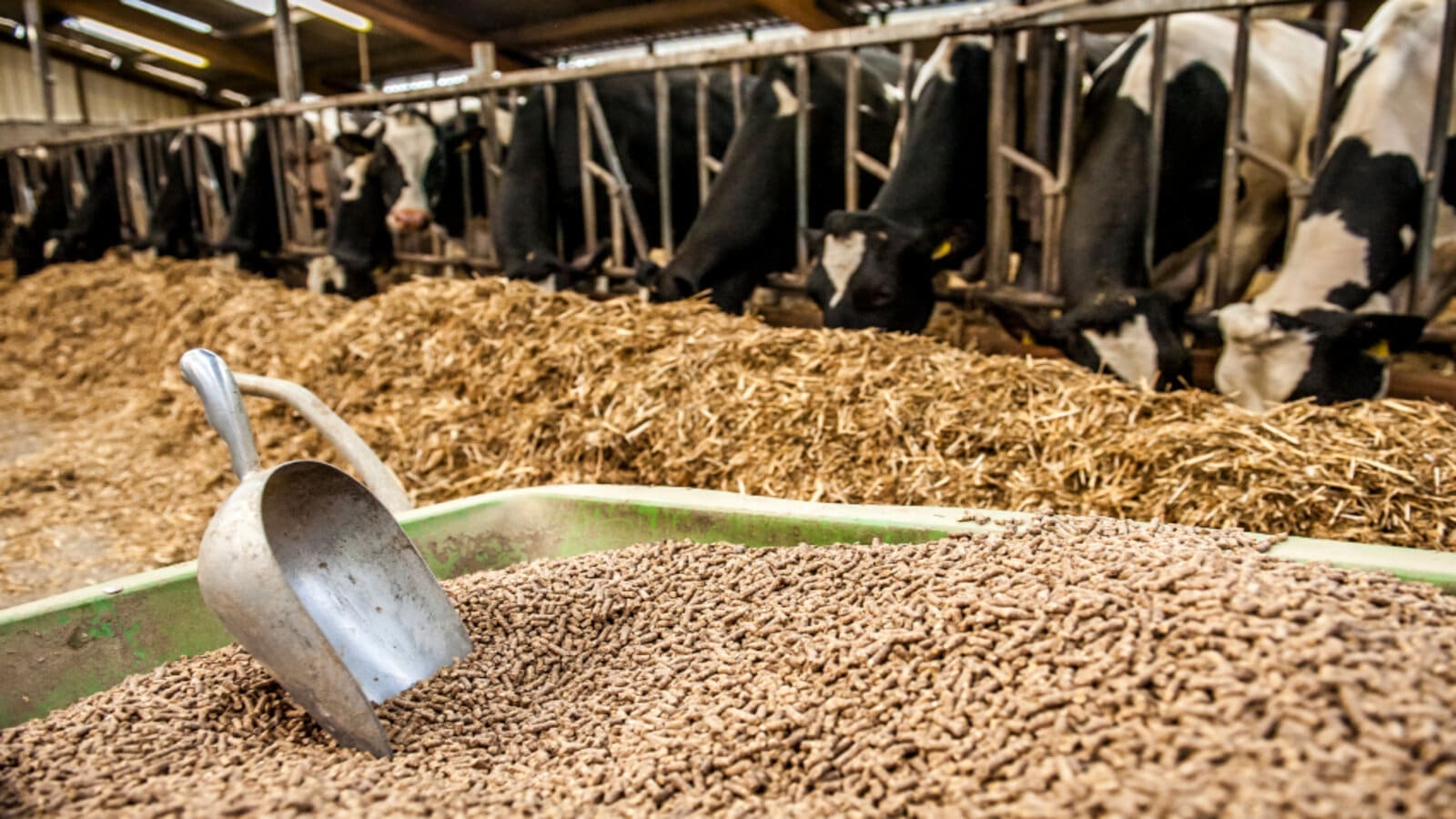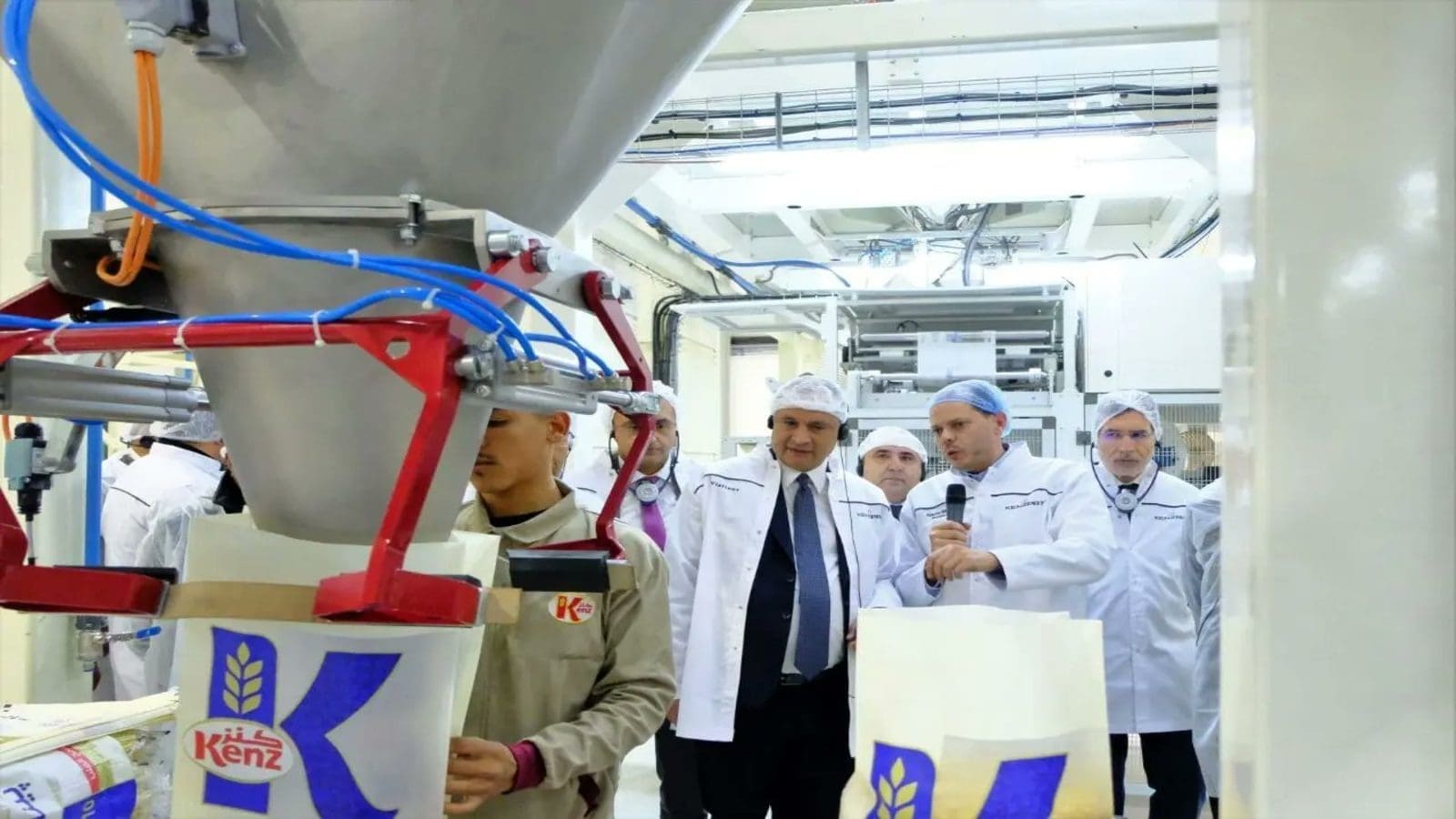UGANDA – Grain millers in Alebtong, Uganda are at risk of being closed down for failing to comply with the standards set by the Uganda Bureau of Standards (UNBS) according to Business Focus.
The pronouncement follows a standard-compliance enforcement activity that was launched by UNBS in 2021, which led to the closure of 25 maize mills in Lira City that were found not to meet the required standards and certification.
Later, the milers and other players along the value chain pleaded with the compliance watchdog to allow them to resume business, pledging to commit to compliance with the mandatory standards.
UNBS required the millers to comply with mandatory standards like US EAS 2:2017, Maize grains — Specification (2nd Edition), US EAS 44:2019, Milled maize (corn) products — Specification (4th Edition), and US EAS 782:2019 Composite flour – Specification
However, last year, during the standard-compliance enforcement activity, some millers in the Alebtong district were found not to meet the required standards and certification even after the granted grace period.
The compliance body, therefore, calls for the identified mills to comply with the standard or risk closure.
According to UNBS Senior Public Relations Officer Barbara Kamusiime, millers are expected to register and certify their milling factories, construct a well-established premise for milling, ensure quality packaging of products, and have proper milling machines before they start operating.
The decree on compliance comes timely, as recently, scientists at the National Agricultural Research Organization (NARO) have found that maize, sorghum, and groundnuts in Uganda have aflatoxin concentrations that are 10 times or greater than the safety level advised by the World Health Organization (WHO).
According to the report, the country produces about five million metric tons of grain per year and from the research, samples of these grains contain up to 100 parts per billion of aflatoxins, which is higher than the 10ppb recommended by WHO
However, millers argue that the requirements are unfair because most of them have little capital, thus producing at a small rate, and other challenges such as poor power connectivity also affect their operation.
In addition, other millers defended the compliance issue, citing low-quality machines due to limited capital as well as poor-quality grains from farmers.
Meanwhile, Habib Abubakar, the Deputy Chief Administration Officer of Alebtong District, has advised the millers to adhere to the UNBS standards if they want to remain in business.
For all the latest grains industry news from Africa, the Middle East and the World, subscribe to our weekly NEWSLETTERS, follow us on LinkedIn and subscribe to our YouTube channel










